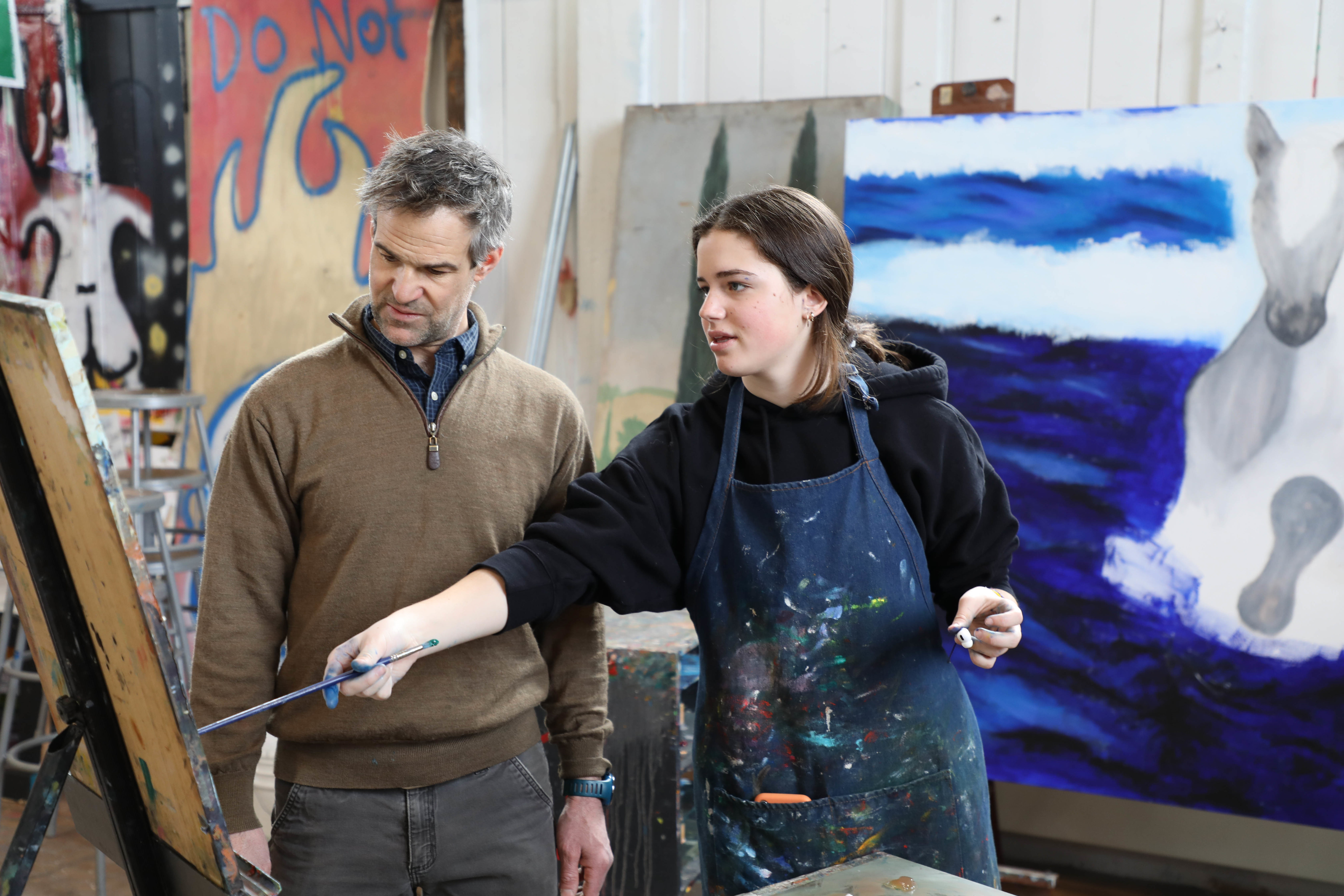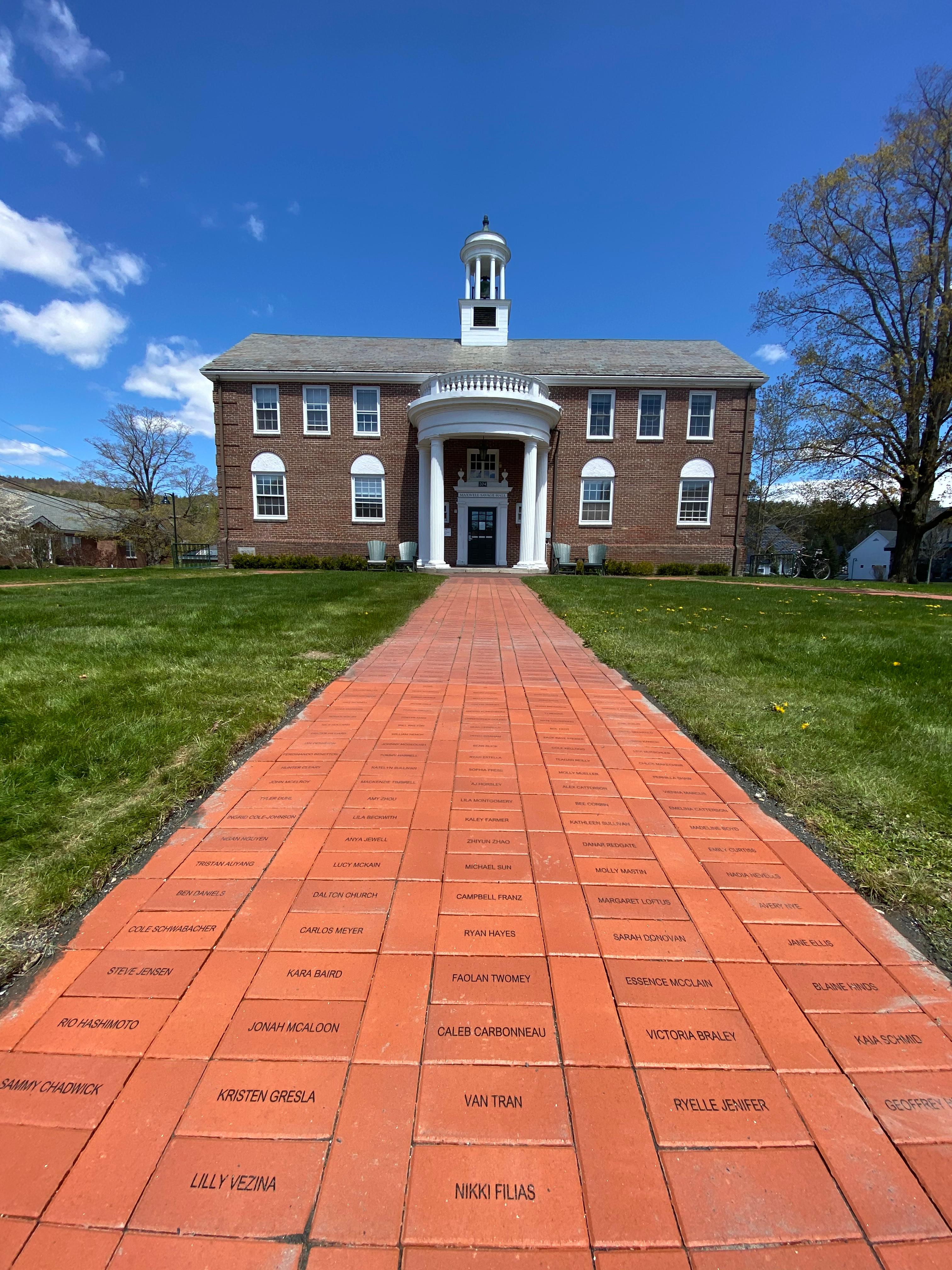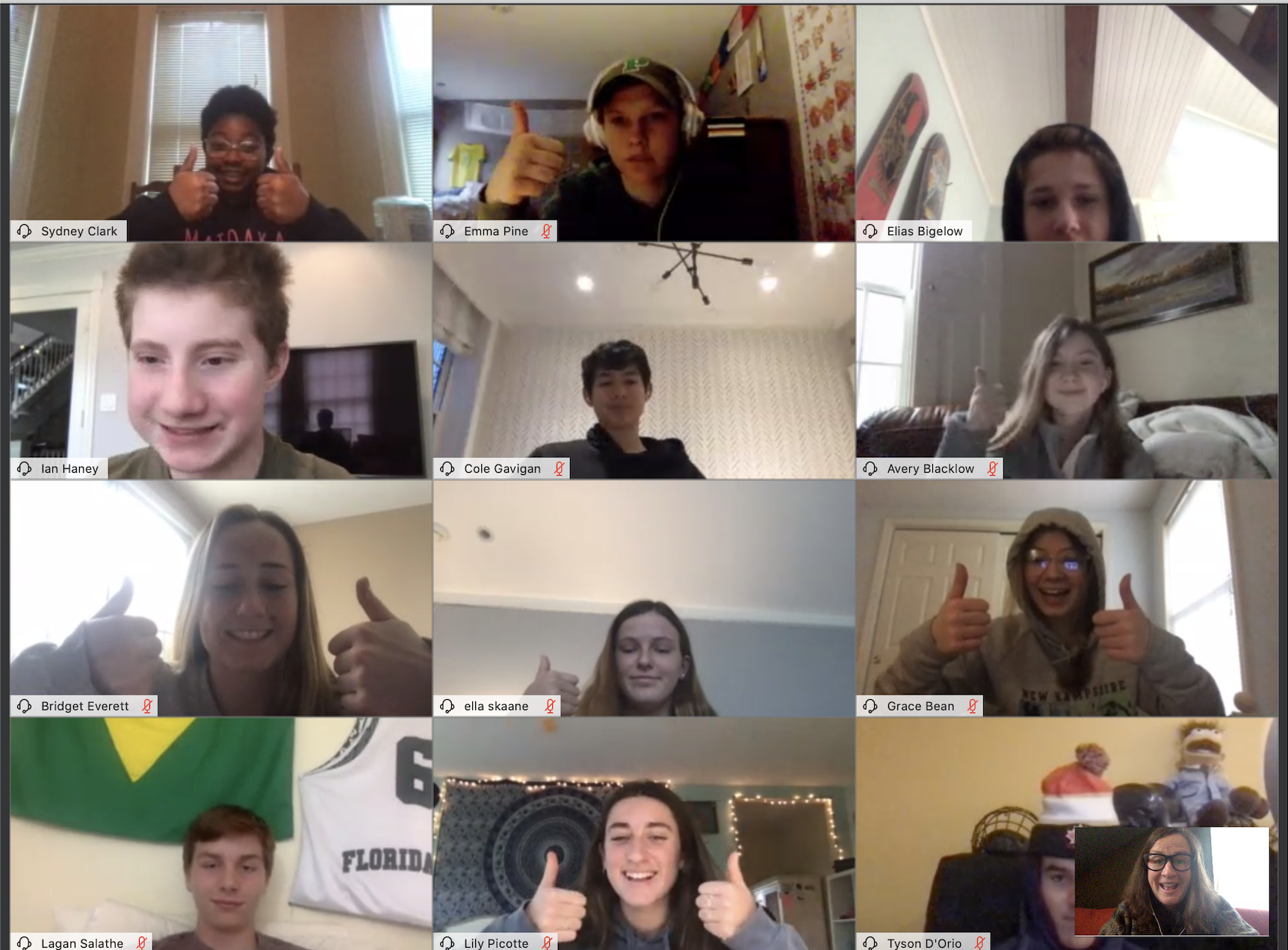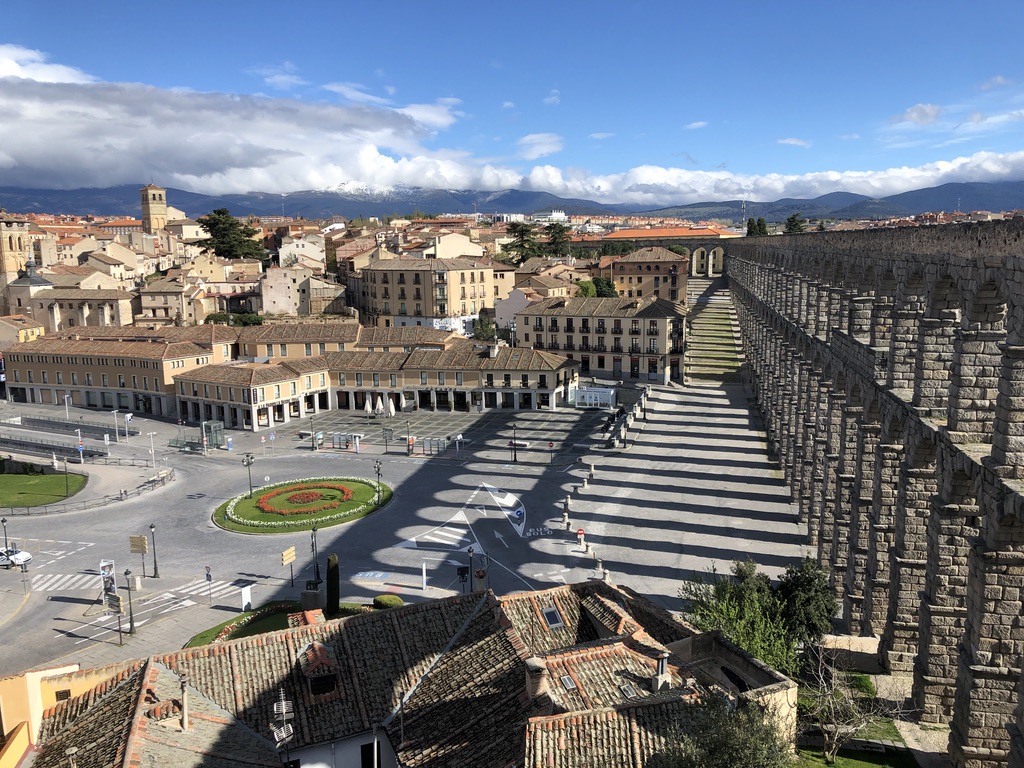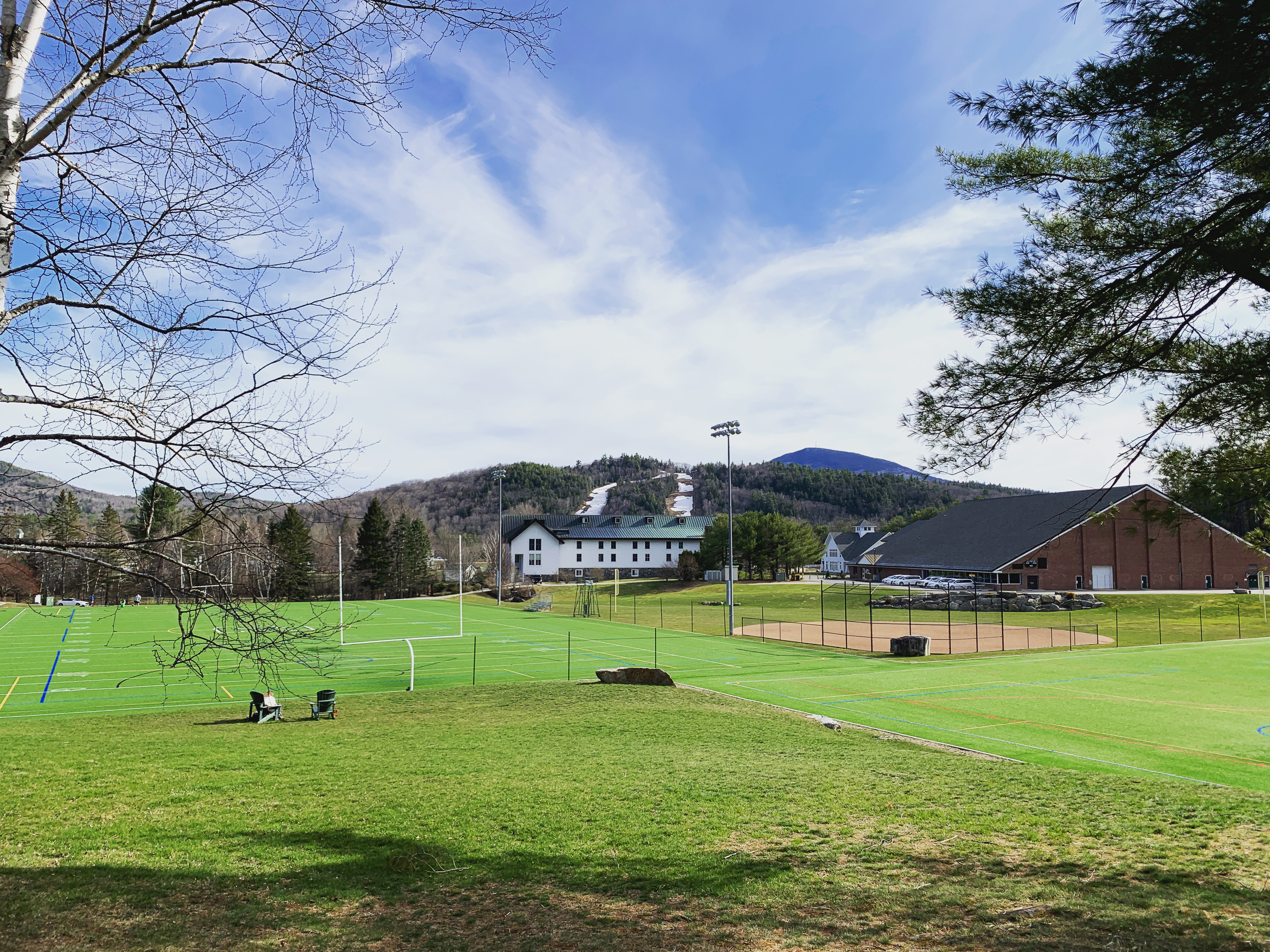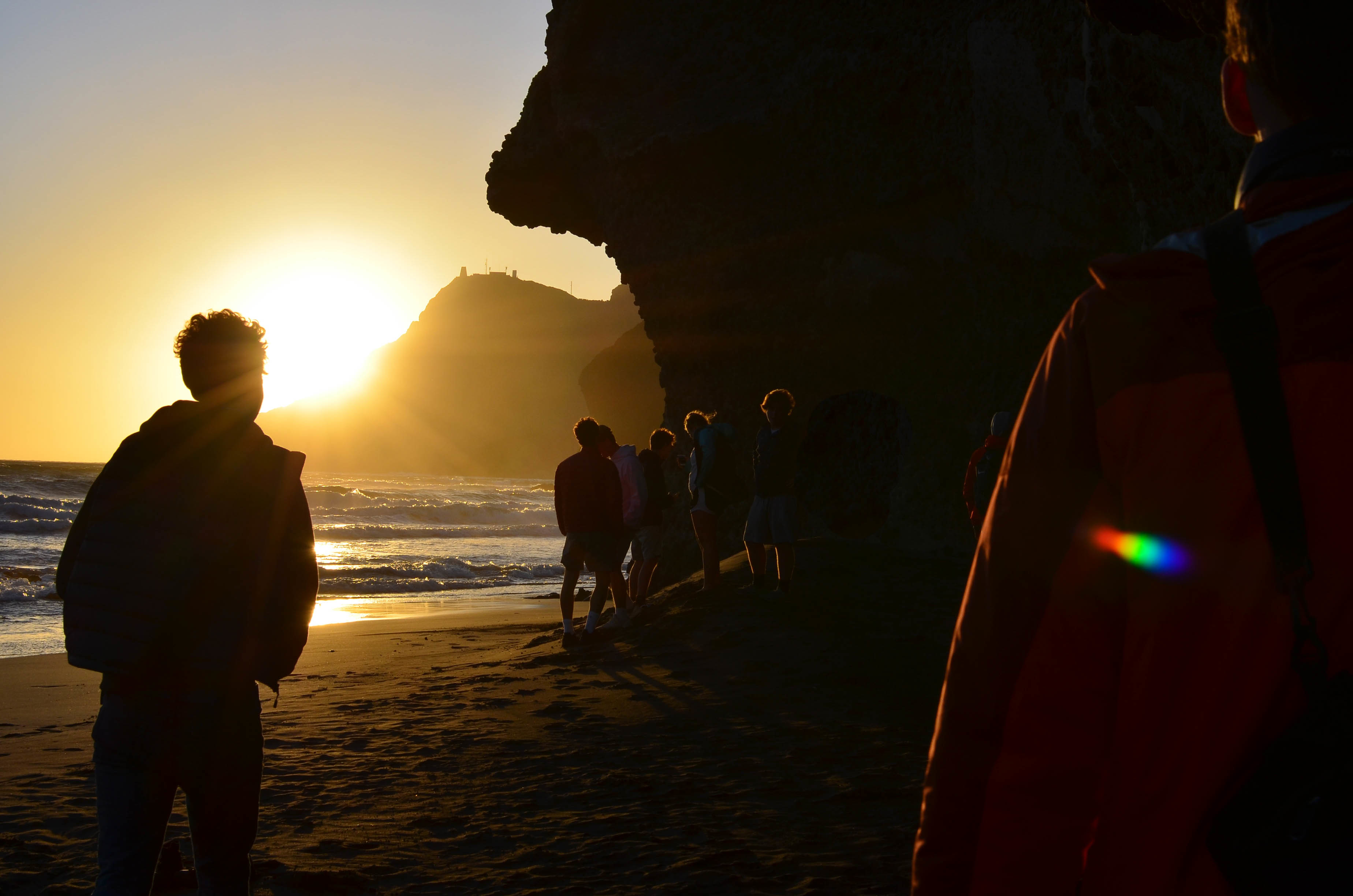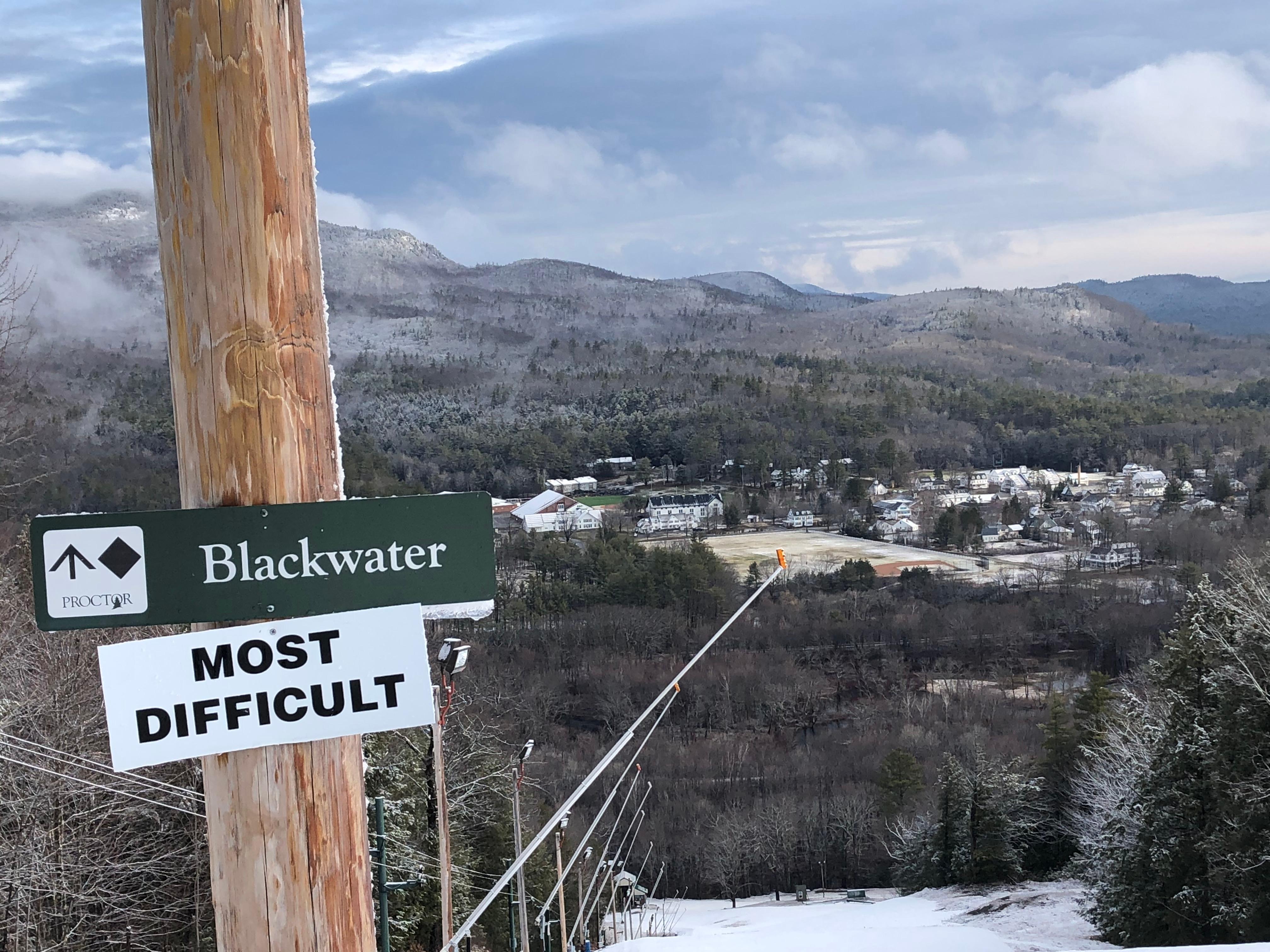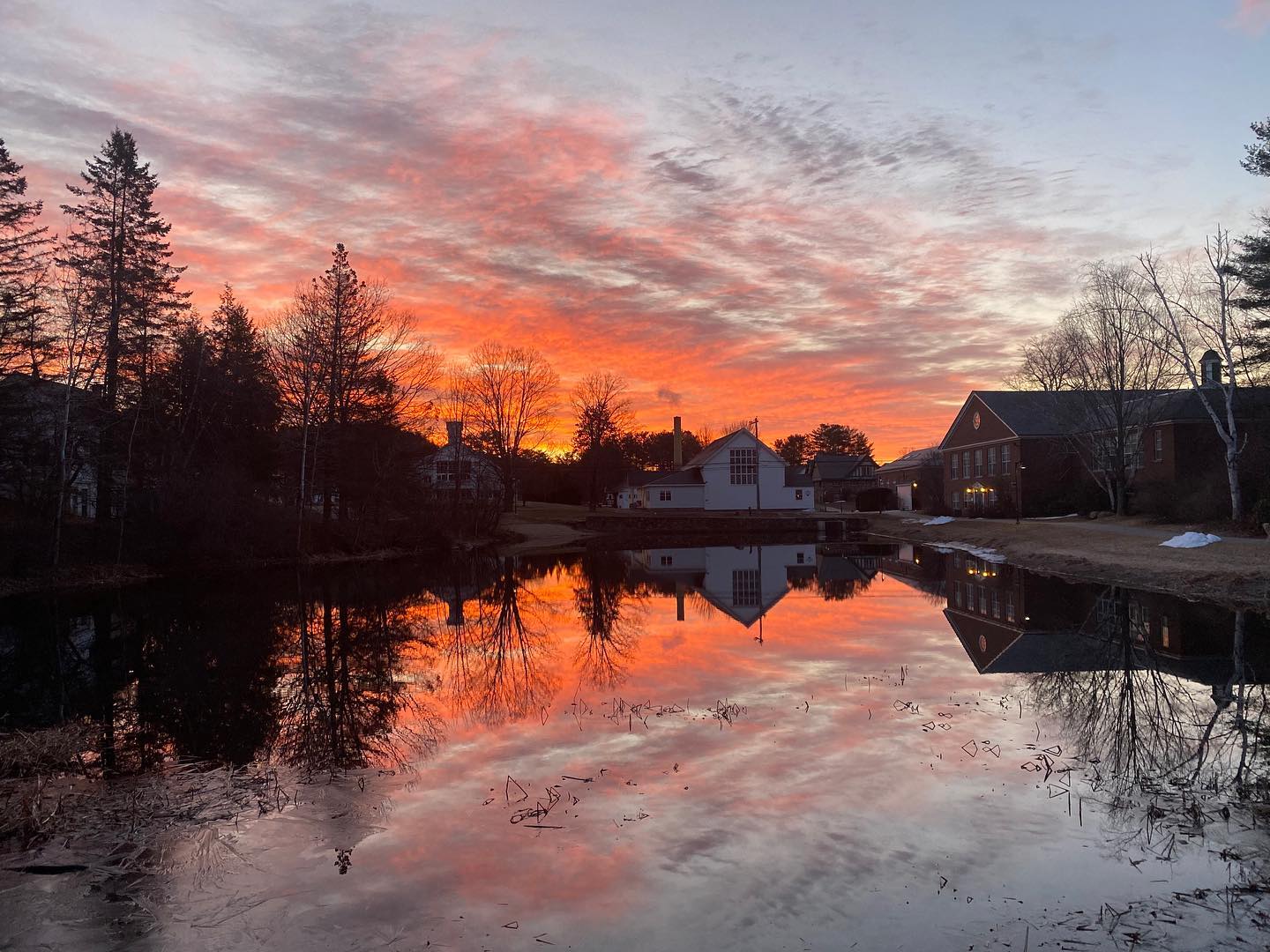When Proctor made the decision to spend the Spring Term learning remotely, the immediate question that arose focused on our academic schedule. Would we attempt to stay synchronous in our learning? Or would that simply be too complicated with students scattered around the globe with varying access to technology? Ultimately, we realized that at our core as a school is human connection, and when we are deprived of that connection, we struggle, and a fully synchronous schedule was born.
Mike's Notes: Rituals, Traditions, and Managing Today
May 15, 2020 9:01:31 AMStrengthening Relationships Through Simply Being
May 11, 2020 9:03:31 PMOne of the few consistent pockets of human interaction on campus occurs at meal times as faculty and staff migrate to the west end of campus by foot or bike to gather to-go meals from our Dining Services team. Toddlers sprint by on their balance bikes, dogs strain against their leashes to say hello, and for a few minutes we are reminded just how energized we become by the mere presence of our colleagues.
Proctor en Segovia: The View From Spain
May 6, 2020 9:01:44 AMRadical Acceptance: Our Collective Mental Health Journey Through COVID-19
Apr 21, 2020 8:00:00 AMHaving collectively faced several weeks of adjusting to an entirely unanticipated and drastically different lifestyle here on campus, our counseling team shares thoughts on how we can best cope with our new circumstances and continue to maintain a strong connection to the Proctor community while being physically distant. This new narrative we are facing is far from the one we imagined. The “supposed-tos” and “should-haves”, “wanted tos” and all of the visuals that accompany the narrative are disrupted, and, for now, unattainable. We as counselors know that a shift in our personal narrative is emotionally disruptive…a term we call dissonance. How can we collectively as the Proctor community cope?
From Fear to Freedom: Who We Could Become
Apr 10, 2020 8:00:00 AMFront and center in our conversations with prospective students is our belief in expanding our students’ identities during their Proctor journey. We encourage each prospective student to ask themselves “Who could you become?” They arrive with one perception of self and quickly realize their self-imposed, artificial confines of identity need not apply here. Institutionally, we are facing our own “Who could we become?” moment. What can we learn from this COVID-19 induced remote experience this spring? How can online or a hybrid learning model work at Proctor? What do we miss most about our community being together and how do we ensure that sustains in the future?





